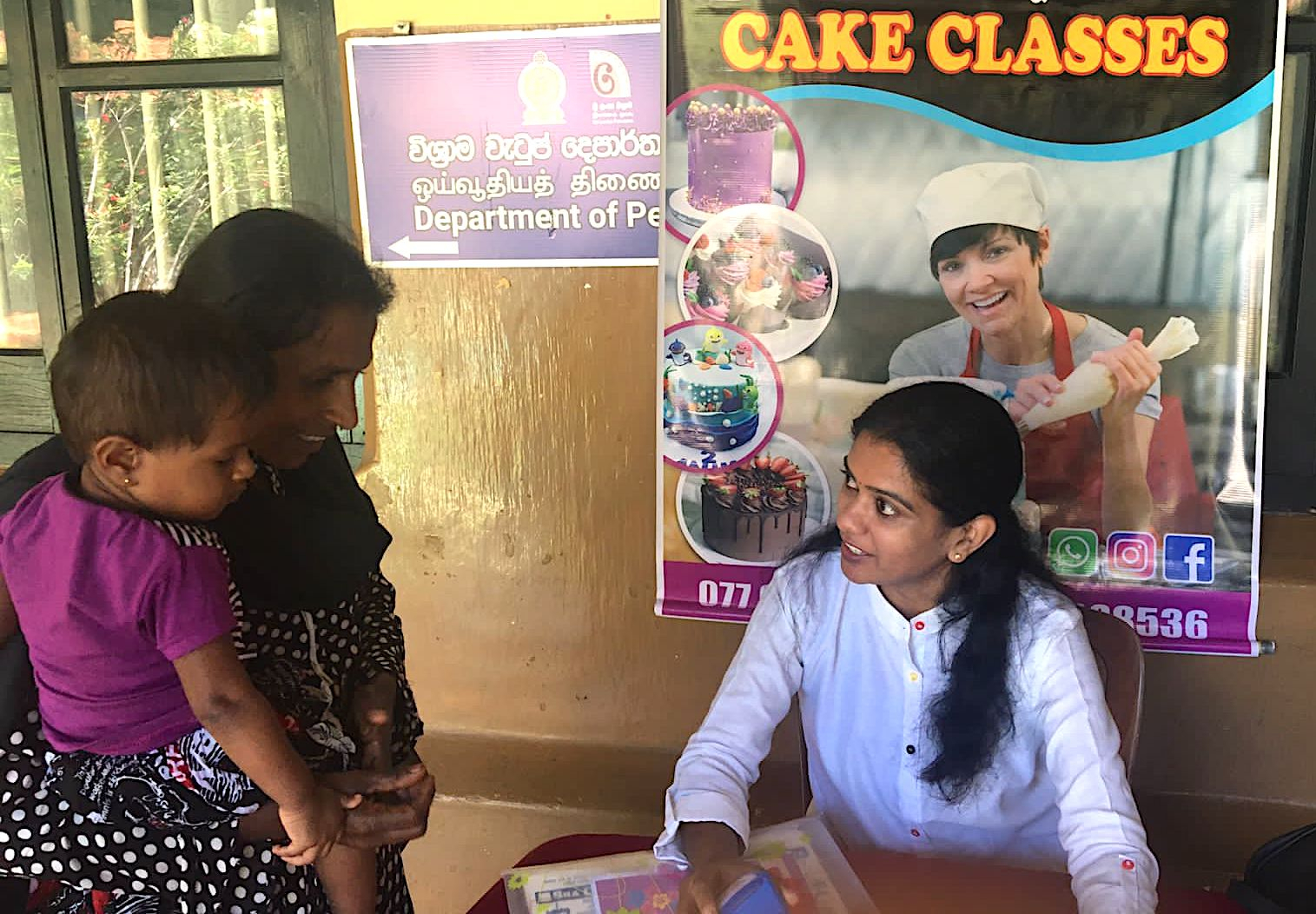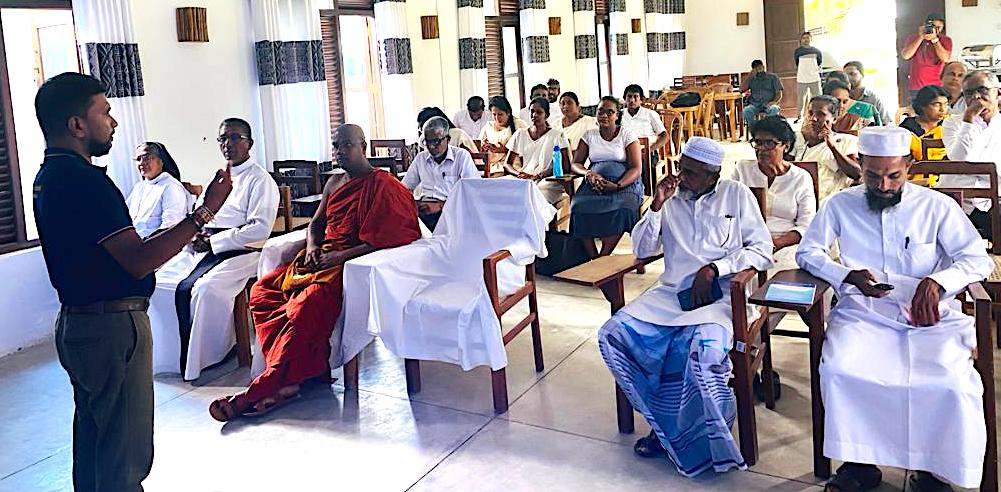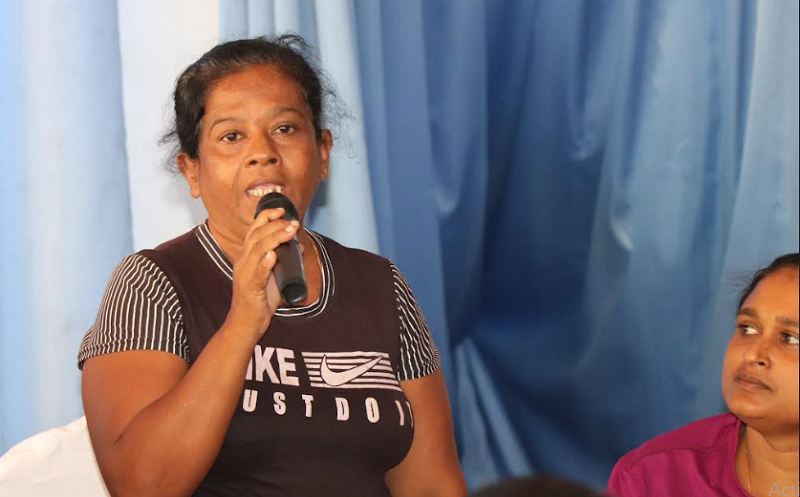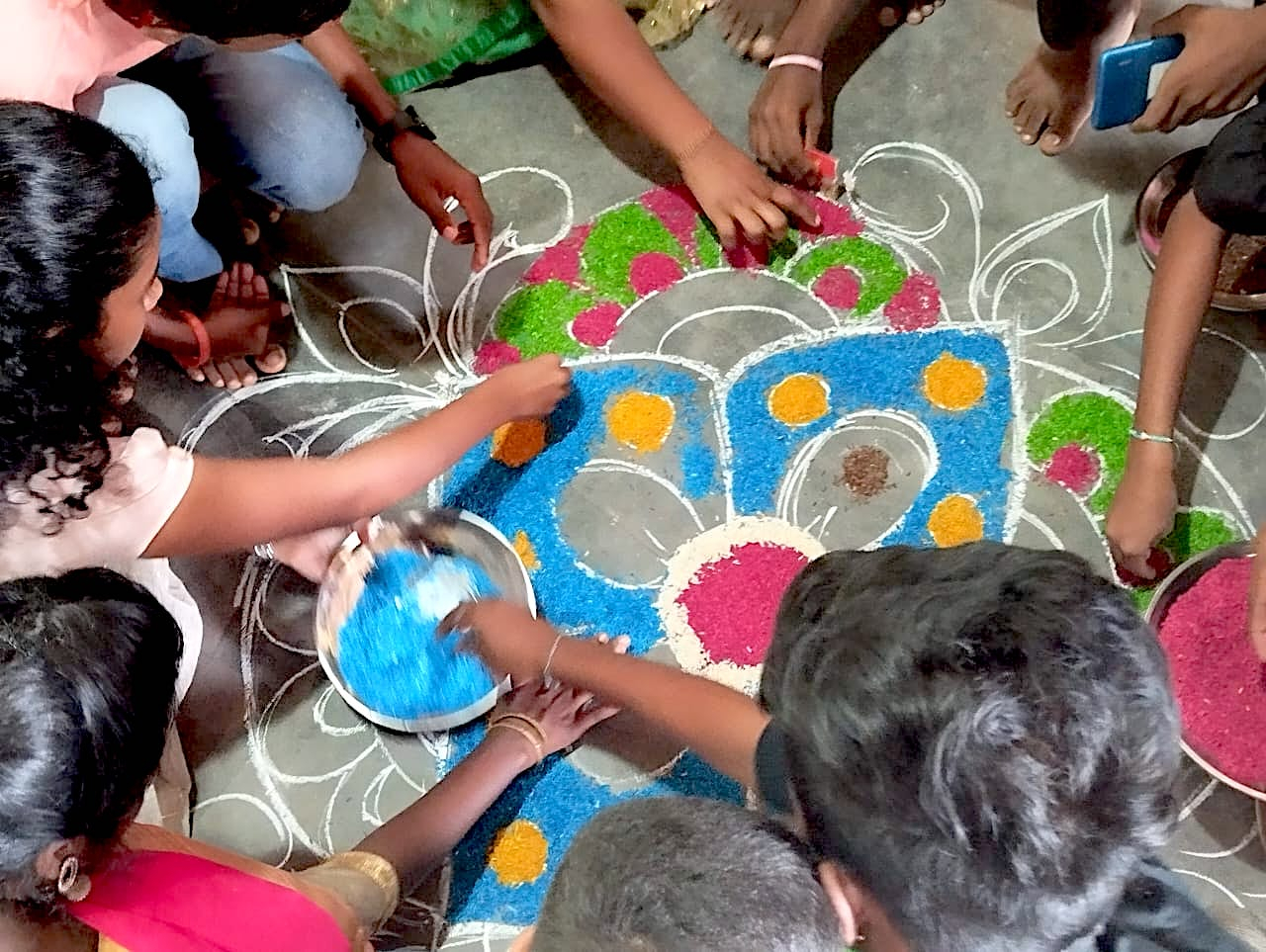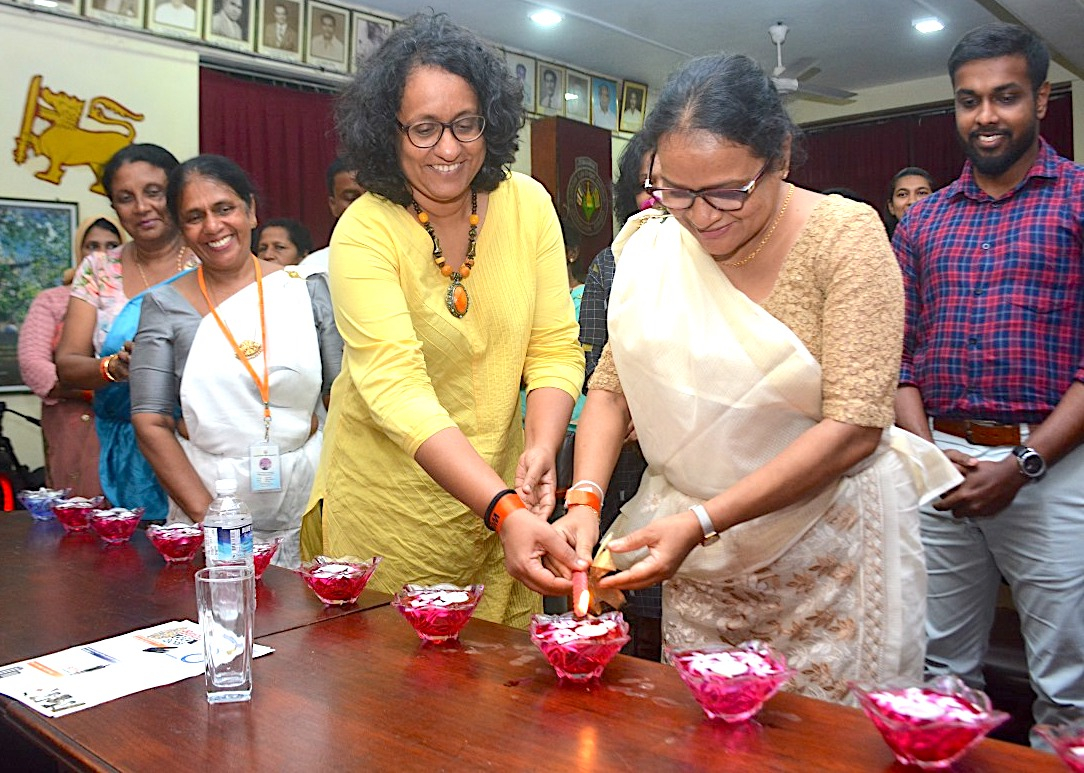Teldeniya, a town located less than an hour from Kandy, has been facing a lack of water distribution. Although the people pay their bills and taxes, the state has failed to solve the problem. The role of the civil society is to ensure that government carries out its duties responsibly.
 The National Peace Council of Sri Lanka
The National Peace Council of Sri Lanka
The National Peace Council of Sri Lanka
The National Peace Council of Sri Lanka





